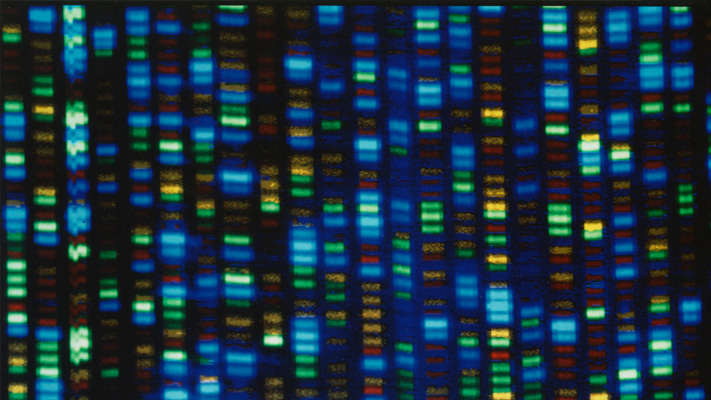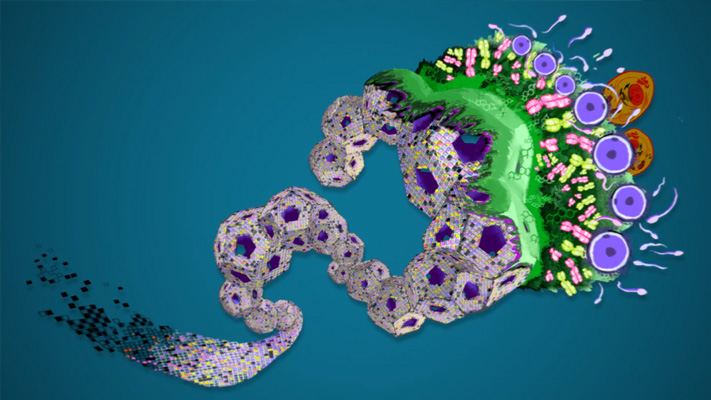NHGRI welcomes Marcus G. Hodges as new Intramural Training Office Director
It may be summer, but things are incredibly busy for me and NHGRI!
Last month, I visited Australia for a week, during which I met with dozens of genomics researchers and gave several talks, including a seminar co-hosted by Australian Genomics and the Centre for Population Genomics. A recording of that talk is now available on YouTube. I was last in Australia 12 years ago, and I was overwhelmingly impressed with the growth of the human genomics enterprise that has clearly happened in recent years, including some impressive examples of genomic medicine implementation.
As highlighted in the last issue of The Genomics Landscape, the inaugural class of the public service fellowship program jointly run by the American Society of Human Genetics (ASHG) and NHGRI began their fellowships. Associated with this new program is the recently launched Journeys in Human Genetics and Genomics Colloquium, a lecture series showcasing the breadth and depth of genetics and genomics research and its ethical and societal implications. The series began in July with a context-setting talk by Larry Brody, Ph.D., director of NHGRI’s Division of Genomics and Society, followed by a lecture that I gave about the history of genomics and the Human Genome Project. Videos of these talks are now available on NHGRI’s YouTube channel, GenomeTV, and more videos will be added from the many excellent talks that will be forthcoming in this two-year series. A schedule of future speakers and topics can be found on the colloquium webpage.
All the best,
![]()
In This Issue
- NHGRI welcomes Marcus G. Hodges as new Intramural Training Office Director
- Two science communication experts visit NHGRI
- Undark journalist explores Human Genome Project ethics using NHGRI’s History of Genomics Archive
- NHGRI hosts two-day symposium on sex, gender, and genomics
- NHGRI offices launch two new newsletters for the research community
Genomics Research Spotlight
Approximating facial expression effects on diagnostic accuracy via generative AI in medical genetics
Patel, et al.
Bioinformatics, June 2024, PMID: 38940144
As artificial intelligence (AI) is increasingly used in research and clinical settings, it is important to understand the biases and limitations of these technologies. Facial analysis is a type of AI that can be used to study some genetic conditions that have characteristic facial features. The authors of this paper aimed to study whether a person’s expression could affect the AI’s ability to identify their genetic condition. The researchers focused on Williams syndrome and Angelman syndrome, both of which have characteristic facial features and are also associated with a “happy” demeanor. A previous study from the same research group demonstrated that clinical geneticists are more likely to correctly diagnose a patient with these syndromes if the patient is smiling. When researchers tested the effects of expression on AI facial analysis tools, they found that these tools shared the same the same bias and, like clinical geneticists, were better at identifying these syndromes if the patients were smiling. Facial expressions, however, did not affect the AI tool’s ability to identify other conditions that are not associated with a happy demeanor. This research points out some important biases that patients and clinicians should be aware of as the medical applications of AI technologies continue to grow.
This research was supported by the NHGRI Intramural Research Program in the research group of Ben Solomon, M.D.
About The Genomics Landscape
A monthly update from the NHGRI Director on activities and accomplishments from the institute and the field of genomics.
Last updated: August 8, 2024





